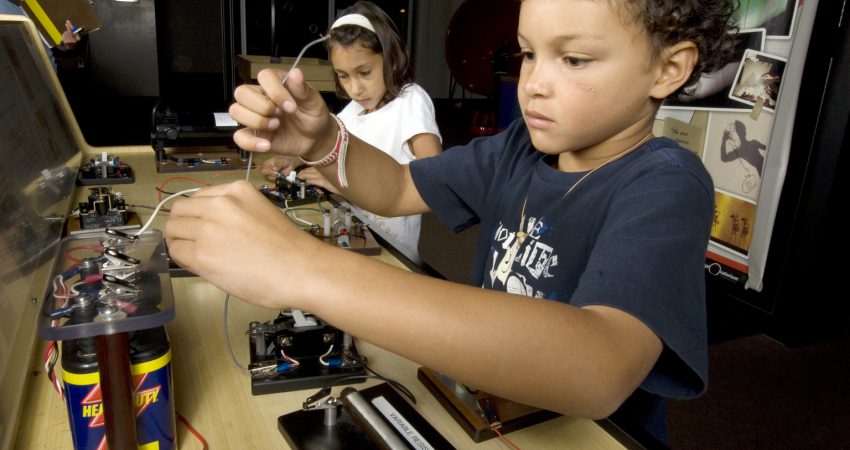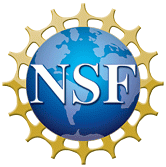
By Bronwyn Bevan - March 2011
PAPER CITATION
Chin, C., & Osborne, J. (2010). Supporting argumentation through case studies in science classrooms. Journal of the Learning Sciences, 19 (2), 230–284.
In this study, researchers investigated how student-generated questions advanced scientific argumentation and understanding in a middle school classroom. They found that students' questions illuminated prior knowledge, surfaced inconsistencies, and helped in identifying and evaluating evidence, among other things. The authors' note that while there is a good deal of research on scientific questioning and also on scientific argumentation, there is little that examines how the two are intertwined. This article could be relevant to ISE educators who use or want to use student questioning to advance students' scientific reasoning in structured educational programs. The article contains a case study with extended transcripts that show how questioning relates to lines of argument. The authors also present a model that shows how questioning is implicated in argumentation.
The researchers hypothesized that the generation of questions by students would operate as a metacognitive tool for sparking and structuring discussion involving explanations, evidence, and justifications for claims. Specifically they suggest that questioning (1) leads to a broader array of argumentation patterns; (2) increases the types, depth, range, and frequency of questions; and (3) expands the number of perspectives and arguments used; all of which should facilitate the construction of knowledge. The results of the study suggested that generating questions helped students to focus on the data in some detail as well as to address disagreements, direct their thinking, help to surface and share prior knowledge, clarify points of uncertainty, and lead to more elaborated arguments.
The study found that the conversations of the more successful groups of the four studied were "characterized by: (1) questions that focused on the key inquiry ideas and a greater variety of salient concepts; (2) an explicit and conscious reference to the structure and components of an argument; (3) a continual elaboration and expansion of the arguments constructed, and (4) a prevalence of exploratory talk," (p. 252) where students build on the ideas of one another, testing claims and assumptions in reciprocal and supportive ways.




